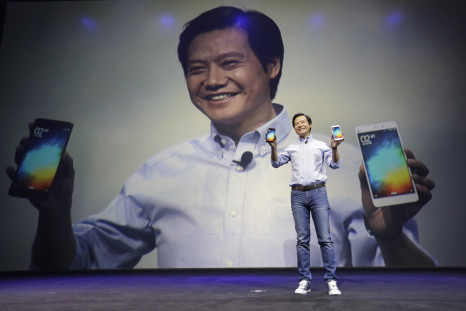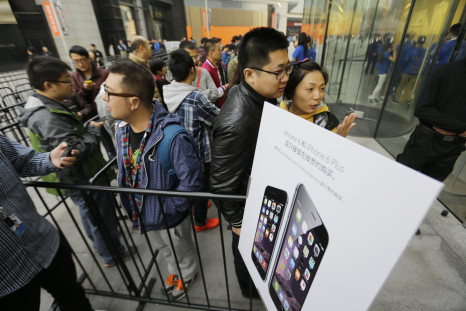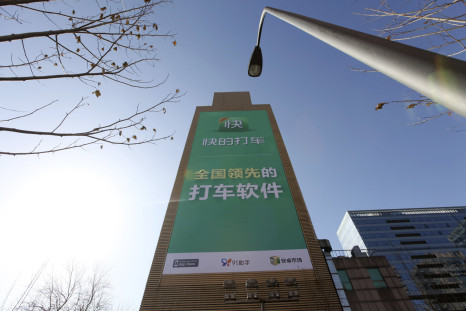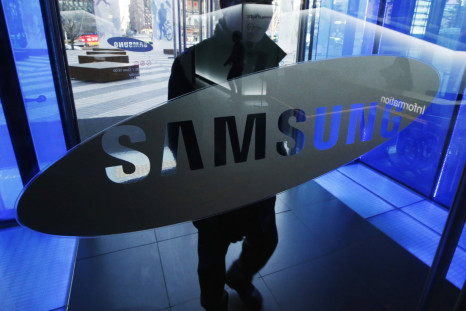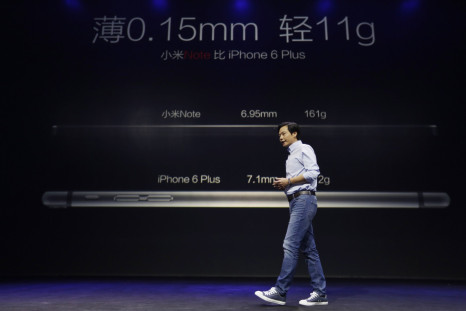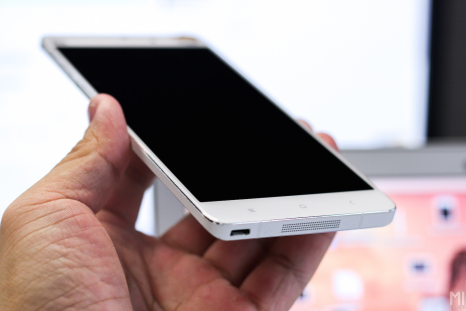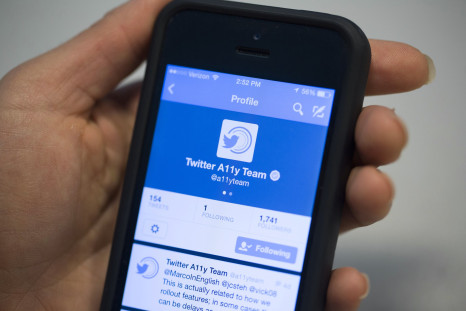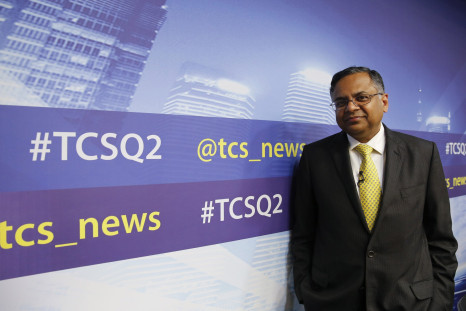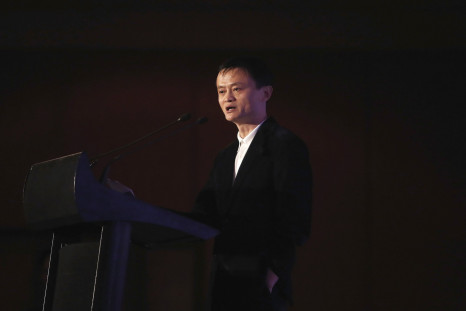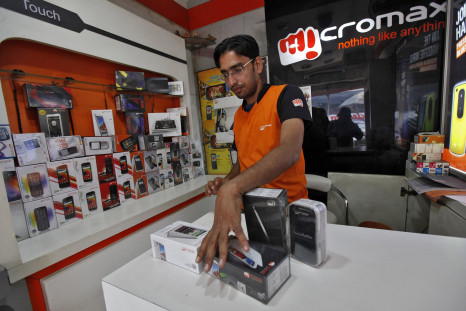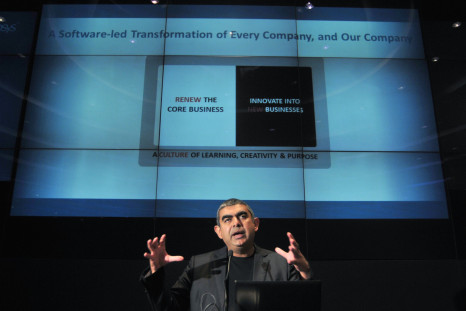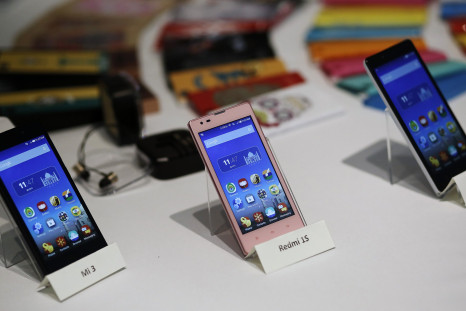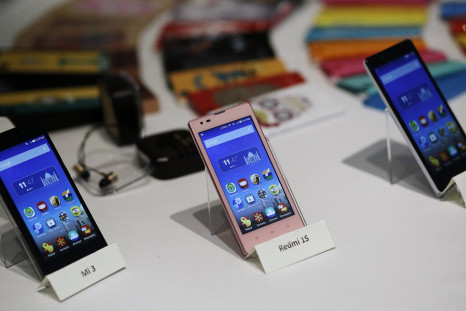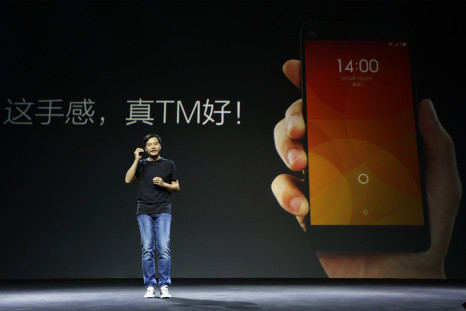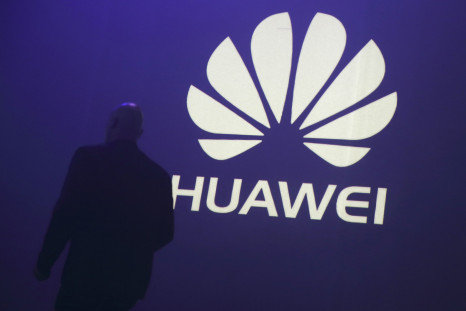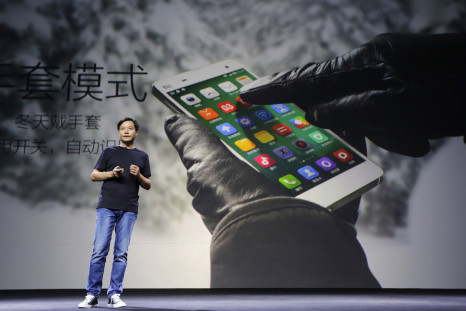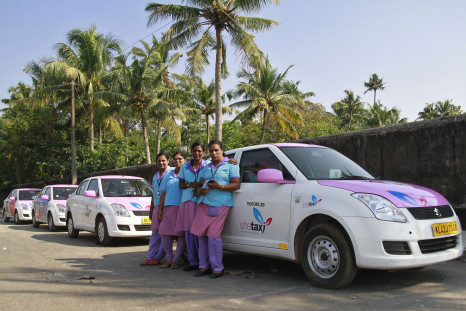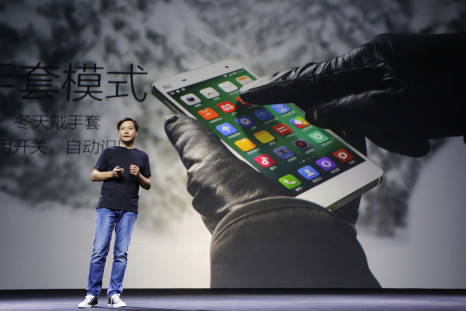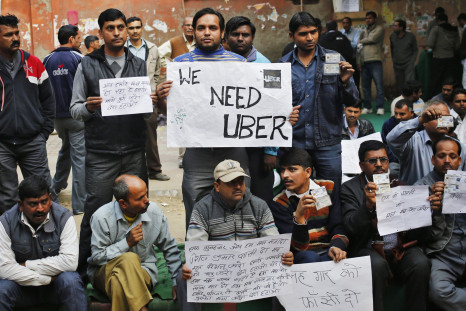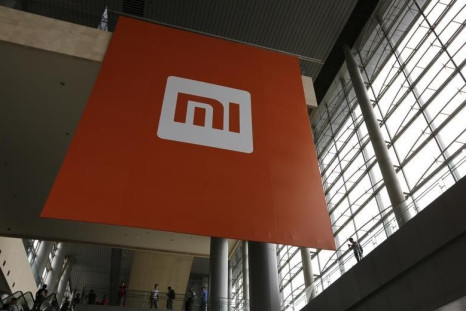Samsung has taken another step in moving to defend its lead in India, which has been eroded of late by local and Chinese competition.
Mobile users will become even more important to Facebook's future as they continue to form an ever greater share of all social network users
The disruptive nature of Uber's technology is ensuring that the company continues to face protests and authorities' ire in several countries.
Xiaomi is looking to sustain its momentum in India by selling its 4G handsets online without registrations.
In November, Apple captured a record one-third of the total smartphone sales in Korea for the first time, according to a research firm.
As more Asians start using smartphones for more tasks, local rideshare providers are surging in the region ahead of serious expansion by Uber.
In a move seen as helping Twitter expand its market and add a lower-cost engineering center, the company is buying India's ZipDial.
A share split being considered at the Korean tech giant suggests that Samsung's heir apparent could be pushing the company to change faster.
India's rapidly growing smartphone market is seeing China's handset makers compete more aggressively than ever, with 4G handsets.
The deal will increase the holdings of Lei Jun, who is also the chairman of software company Kingsoft, to 29.9 percent.
The phablet war has been taken a notch higher with the release of Mi Note, which has a larger screen and lighter handset than iPhone 6 Plus.
After Facebook and Yahoo, India's attraction as an Internet and mobile phone market has caught Twitter's attention as well.
Angst over layoffs at the technology company reflects the evolving nature of India's outsourcing industry.
Jack Ma’s e-commerce giant is reportedly in talks to acquire a stake in Indian startup One97.
Restaurant directory and ratings provider Yelp may have to deal with some extra competition as Indian startup Zomato acquires Urbanspoon.
The domestic player is set to battle foreign rivals like Apple and Xiaomi for mobile dominance on the subcontinent.
The company said it aims to move beyond traditional outsourcing and into advanced digital services to sustain the momentum.
The Chinese smartphone maker is using a range of buzzy marketing tactics, like flash sales and crowdsourcing, to get the jump on Chinese and Western rivals.
The Modi government’s move to free up a high-speed spectrum could create a lucrative new market for Chinese smartphone makers.
The entry level device is aimed at emerging markets like India and China.
American, Chinese and domestic phone makers target the subcontinent as carriers upgrade to high-speed networks.
More Indians than ever before are likely to tap into the Internet in 2015, with the help of their smartphones.
Xiaomi’s rapid rise has led to stratospheric valuations, making it more valuable than established companies.
That may be changing as several initiatives create opportunities for women drivers -- and women passengers seeking safe rides.
India is the Chinese smartphone maker's largest market outside China.
Apps that use GPS to track vehicle movements will help ensure safer rides for women on the subcontinent, industry executives claim.
Large U.S. corporations are hedging their bets on technology, leading to continued uncertainty in demand.
Xiaomi is seeking to expand its ecosystem of partners to build a portfolio of connected devices that it can sell on its online store.
India's aspirations for an electronics manufacturing base got another jolt this week after Foxconn Technology Group decided to close its plant there.
India's competitive smartphone market became a bit more tough for Xiaomi after Sweden's Ericsson claimed patent rights.
Editor's pick






